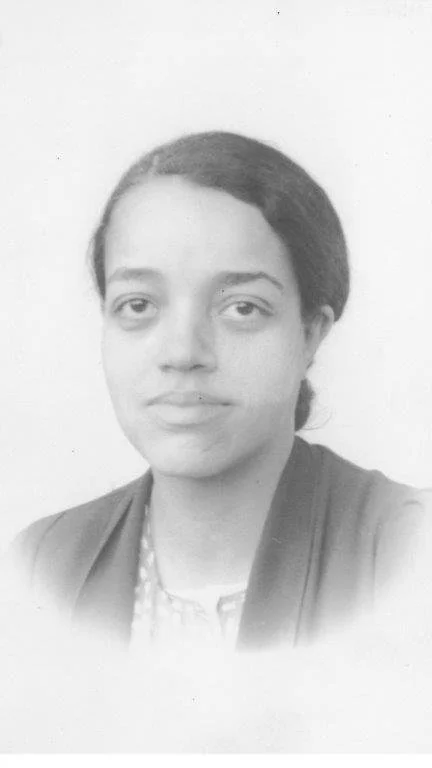Sidney Poitier
Sir Sidney Poitier, KBE 1927 - 2022
Sidney Poitier was born in Miami, Florida. However, he was raised in the Bahamas. Economic troubles compelled Poitier’s parents to send him back to Miami to live with his brother. With Miami failing to offer Poitier the chance to grow professionally, he decided to move to the Big Apple and pursue an acting career in the highly saturated market of New York.
Finding acting gigs in New York was fierce with competition. Since Poitier’s literacy skills were so minimal, he was unable to secure work. He washed dishes to earn a living and faithfully listened to the radio to help eliminate his Bohemian accent and received help from a coworker to improve his reading and writing skills.
Less than a year later, Poitier’s diligence was rewarded and he was embraced by the theater. After years of show stopping performances on stage, Poitier got his break to appear on screen. That break came in the form of a brilliant performance in “No Way Out” which Poitier followed up with his iconic role in “The Defiant Ones.” Poitier’s portrayal of an inmate in “The Defiant Ones” earned him his first Academy Award nomination.
In the same decade (1959) Poitier returned to his roots on stage and starred in Lorraine Hansberry’s “A Raisin in the Sun.” This play was the first play ever written by a Black playwright to be performed on Broadway. Five years later, for his role in “Lilies of the Field,” Poitier became the first Black actor to win an Academy Award for Best Actor. While Sydney Poitier was technically not the first Black actor to break the color barrier, his success playing various culturally transcendent characters made him the most important to break the color barrier in film.
Unlike Black actors a generation before, Poitier only accepted roles where he could portray sophisticated Black men with depth and dignity. This was most evident in the 1967 film “In The Heat of the Night.” In this film, Poitier plays a Philadelphia Police Detective named Virgil Tibbs who works alongside a white sheriff to solve a murder. As the two search for the killer, the complexities of racial dynamics are on full display and Detective Tibbs (Poitier) masterfully operates within the confines of these social dynamics.
Poitier was steadfast in his advocacy for social justice issues including the Civil Rights movement. His work helped to reshape how Black actors were perceived on screen. Poitier also had success as a director. His film “Stir Crazy” was the highest grossing film directed by a Black person, for decades.
Poitier should be remembered as the catalyst for film directors to give more Black actors opportunities to perform on the big screen that they were previously bypassed for lesser white performers. His talent was undeniable, and the box office numbers for his films proved that a Black lead could garner wide reaching appeal. In 2009, Poitier received the Presidential Medal of Freedom, the nation’s highest civilian honor
























